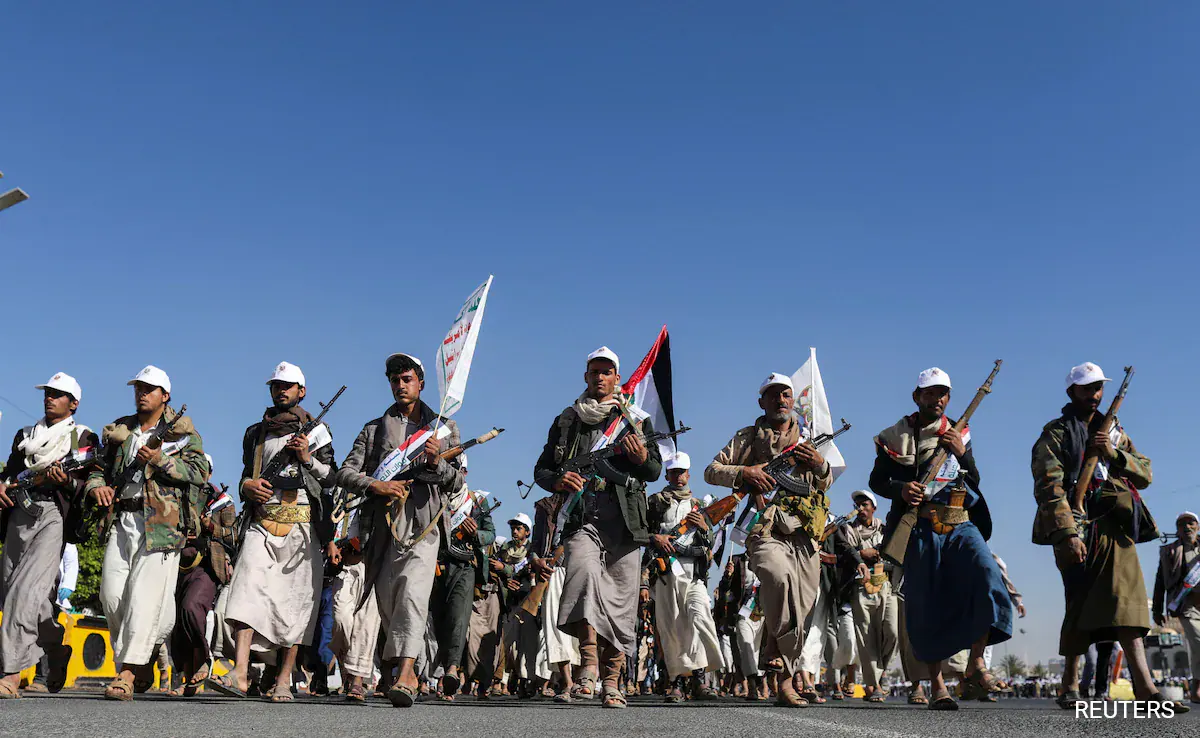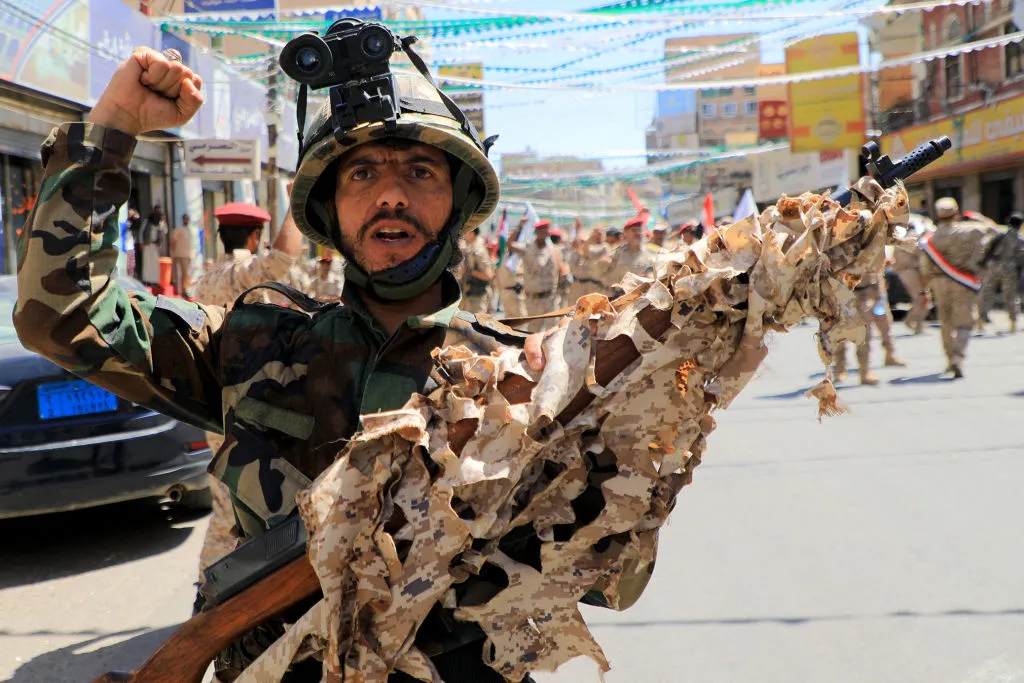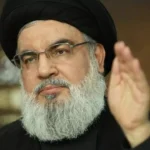The Escalating Rift Between Yemen’s Houthi Rebels and Israel

The conflict between Yemen’s Houthi rebels and Israel has recently escalated, drawing international attention and concern. his article delves into the origins, recent developments, and potential implications of this growing rift.
Background
The Houthi movement, officially known as Ansar Allah, emerged in the early 2000s in Yemen. Initially, their struggle was against Yemen’s long-time authoritarian president, Ali Abdullah Saleh, seeking greater autonomy and representation. Over the years, the Houthis have become a significant force in Yemen’s ongoing civil war, controlling the western part of the country, including the capital, Sana’a.
Recent Developments
The conflict took a dramatic turn when the Houthis launched a missile that landed in central Israel on September 15, 2024. This missile strike, which triggered air raid sirens and caused widespread alarm, is part of a broader pattern of increasing hostility. The Houthis claimed to have used a new hypersonic ballistic missile, capable of traveling over 1,200 miles in just over 11 minutes.
Motivations and Goals
The Houthis’ actions are influenced by their alliance with Iran, which has provided them with military and logistical support. This relationship has emboldened the Houthis to extend their reach beyond Yemen, targeting regional adversaries like Israel. The Houthis’ stated goal is to challenge what they perceive as Israeli aggression and to support Palestinian resistance movements.
Houthis launch rocket at Tel Aviv airport as Netanyahu returning to Israel
On Saturday evening, Houthi rebels launched a ground-to-ground missile at Tel Aviv Airport. This occurred as Israeli Prime Minister Benjamin Netanyahu returned to the country, according to Yemen’s Houthi leader Abdul Malik al-Huthi.
According to him, the missile launch was directly dedicated to his arrival in Israel.
The Israel Defense Forces stated that the missile, fired at least thirty minutes after Netanyahu’s plane landed at Ben Gurion Airport in Tel Aviv, was intercepted by air defense systems outside the country.

Additionally, in a televised address, Abdul Malik al-Houthi vowed that the death of Hezbollah leader Hassan Nasrallah would not be in vain. His statement came just hours after the Lebanese terrorist organization confirmed that Nasrallah had been killed in an Israeli airstrike in Beirut on Friday.
“These great sacrifices and great injustice will not be wasted,” said the Houthi leader.
He also added that his Iranian-backed militants aim to improve their performance following previous missile and drone strikes against Israel.
Implications
The missile strike on Israel marks a significant escalation in the conflict, with potential repercussions for regional stability. It underscores the Houthis’ growing capabilities and their willingness to engage in long-range attacks. This development could lead to increased military responses from Israel and its allies, further complicating the already volatile situation in the Middle East.
Conclusion
The rift between Yemen’s Houthi rebels and Israel is a complex and evolving issue with deep historical roots and significant geopolitical implications. As the situation continues to unfold, it will be crucial for the international community to monitor and address the underlying causes of this conflict to prevent further escalation.










